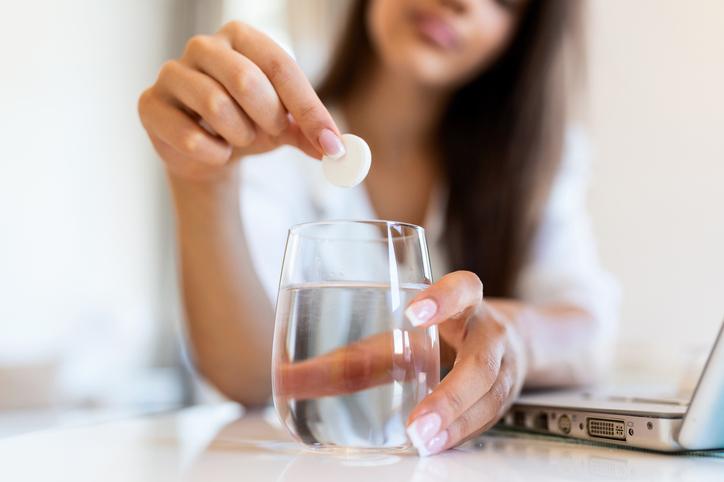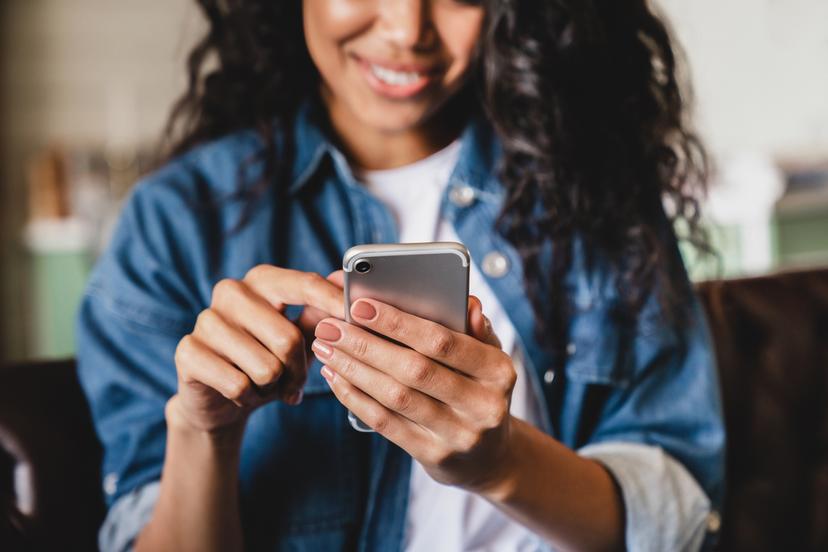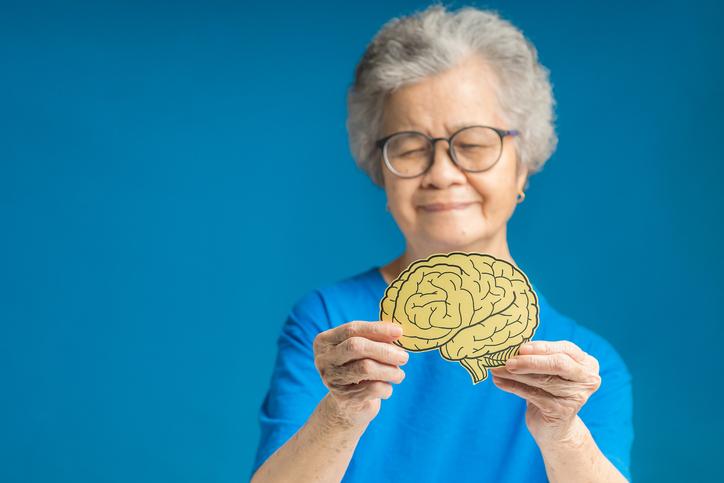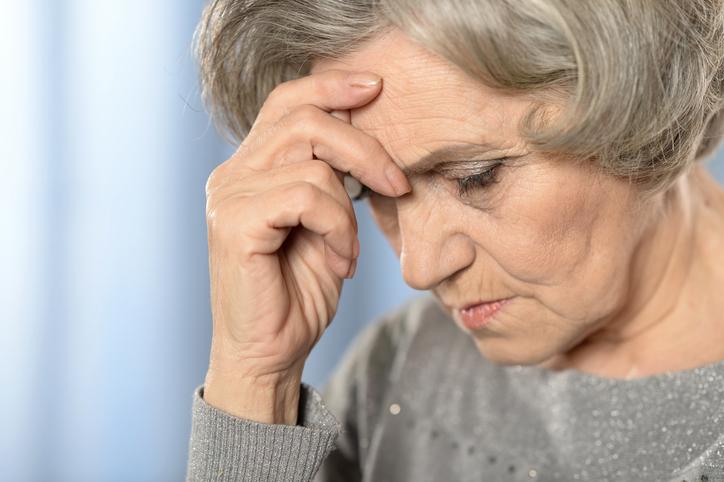29 января 2024
What are the Risks of Energy Drinks?


29 января 2024
What are the Risks of Energy Drinks?
## Let's look inside the can
Traditional energy drinks include caffeine, sugar, ginseng, or guarana (which are natural tonic ingredients), L-carnitine used by athletes to increase muscle endurance, taurine for the heart, and vitamins.
> A standard can of energy drinks contains an average of 150 mg of caffeine, which is half the daily dose.
## What's the problem?
The most dangerous effect of energy drinks is a sharp rise in blood pressure. The second negative effect is the large amount of sugar as energy drinks contain about 14 teaspoons per can. Even for healthy people, not to mention diabetics, this is a blow to the pancreas. Additionally, energy drinks are addictive and deplete the nervous system.
## Are there any benefits?
Yes, there are some benefits to energy drinks. They can improve cognitive abilities, make it easier to memorize information and improve mood. Additionally, L-carnitine accelerates the breakdown of fat and improves oxygen supply to cells. Plus they have a mild analgesic effect, for example, if you have a headache after a party. At the same time, thanks to the concentration of caffeine and a large amount of sugar, the energy drink acts faster and more powerfully than coffee — almost instantly.
## Safe amount
A healthy person can afford to drink ===up to a liter of energy drink per day, but this should only be a one-time event. If you do this, avoid coffee, tea, and other caffeinated drinks on that day. Energy drinks should not be consumed with alcohol. Also, keep in mind that the vinegar in pickles increases the effect of energy drinks and can cause effects associated with drinking too much.
## How to realize too much has been consumed
Signs that you have consumed too much of an energy drink include emotional overexcitement, nervous tics, muscle cramps, pressure fluctuations, trembling hands, and double vision. It is necessary to drink 2-3 liters of water as soon as possible and induce vomiting, then drink any adsorbent. If the condition does not improve after an hour, call an ambulance.
## Who should avoid energy drinks?
Those who suffer from diseases of the cardiovascular system, diabetes, hypertension, a tendency to have thrombosis, insomnia, or eating disorders should avoid them. Stress in the acute phase is also a contraindication. You should not drink energy drinks if you use hypotensive agents, drugs that reduce heart rate, or vasoconstrictor drops.
## To drink or not to drink?
Energy drinks are acceptable to drink for a healthy person if for some reason it is necessary to get a boost of energy for a couple of hours. For those who have chronic fatigue or sleep deprivation, energy drinks are not a good substitute solution. Depleted nervous and cardiovascular systems can lead to more widespread failure.
> Energy drinks are completely banned in Denmark, Norway, Iceland, Turkey, and several US states ban drinks that blend caffeine and alcohol. In the European Union, they cannot be bought by children under 15.













